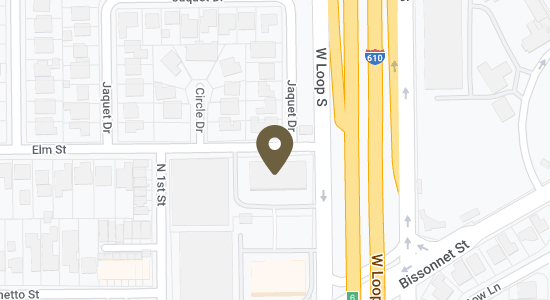- Contact Us Now: (832) 930-7139 Tap Here to Call Us
Most Commonly Asked Questions in a Texas Divorce

One of the most difficult steps you will take when you are considering a divorce is speaking with an attorney for the first time. Aside from the emotional stress that you are experiencing, the divorce process itself can cause you to feel even more overwhelmed.
As a family law attorney, I see firsthand how divorce can take a tolling effect on parties. During the initial consultation, my goal is to provide the client with a thorough understanding of what to expect throughout their divorce journey. Here are five commonly asked questions that I answer when consulting with people who are considering getting a divorce:
1. How long will the process take? Generally, there is a 60 day waiting period for a divorce to be finalized. Quick divorces such as these are only likely when the parties can reach an agreement as to every aspect of the divorce including property division, custody, child support, and possession and access. But when the divorce is highly contested, the case can be drug out for several months or longer. When the divorce case is contested, there is usually a long process: filing the lawsuit, attending a temporary orders hearing, mediation, and having a final trial.
2. Will my wife automatically get custody of our child? The days where women are granted custody simply because they of their gender are long gone. Nowadays, courts consider the child’s best interest in deciding who to appoint as the primary custodial parent. Some factors the court takes into consideration include the parental abilities of the individuals seeking custody, the emotional and physical needs of the child now and in the future, and the stability of the home or proposed placement.
3. What is the difference between an uncontested divorce and a contested divorce? In an uncontested divorce, the parties agree on all terms of the divorce. In a contested divorce, the parties cannot reach an agreement about getting divorced or the terms of the divorce such as child support, marital property division, or custody. An uncontested divorce can be as simple as drafting the divorce decree, obtaining you and your spouse’s signature on the decree, and quickly proving up the divorce decree in court. A contested divorce matter will require several court hearings, mediation, and possibly a trial. Even in a contested divorce matter, a top divorce attorney in Houston will guide you through the process in the most efficient manner.
4. Will this process be expensive? This depends on three things: 1) the amount of conflict between you and your spouse, 2) the complexities with your case and 3) the manner in which you choose to dispose of your divorce.
Amount of Conflict: I always ask my clients these questions to help them understand how their conflict can impact their divorce:
- “Are you willing to compromise?”
- “Can you and your spouse work together?”
- “Does your spouse trust you?”
If you answer no to any of these questions, most likely we have a long road ahead of us.
Complexities of your case: There are many factors that can add to the complexity of your case including:
- Length of the marriage
- Whether you and your spouse have significant assets and debts
- Whether domestic violence or substance abuse has played a role in your marriage
Divorce Method: Mediation is an alternative to taking your case to trial. If you and your spouse can settle your divorce in mediation, you will save a ton of money. During mediation, you and your spouse will have the opportunity to negotiate and reaching an agreement that you are both comfortable with. On the other hand, there is a lot of work that goes into prepping for a trial: discovery, depositions, trial preparation, and much more. These fees can add up quickly and you can easily accrue several thousand dollars in attorney’s fees.
5. What if my spouse doesn’t want a divorce? Texas is a no-fault divorce state which means that you are free to file for divorce on the grounds of insupportability. You do not have to allege any fault or blame to get a divorce. Your spouse may refuse to cooperate, try to evade being served with the divorce suit, or fail to file an answer. Your divorce can and will still move forward with or without your spouse.
The Quander Law Firm PLLC | Houston Divorce Lawyers
If you are considering divorce, a Houston divorce attorney at the Quander Law Firm PLLC can guide you through the process while protecting your rights and property. Contact the Quander Law Firm PLLC by calling (832) 930-7139 or submit your contact information through our online contact form. The Quander Law Firm PLLC handles divorce cases in Harris County and the surrounding counties.




